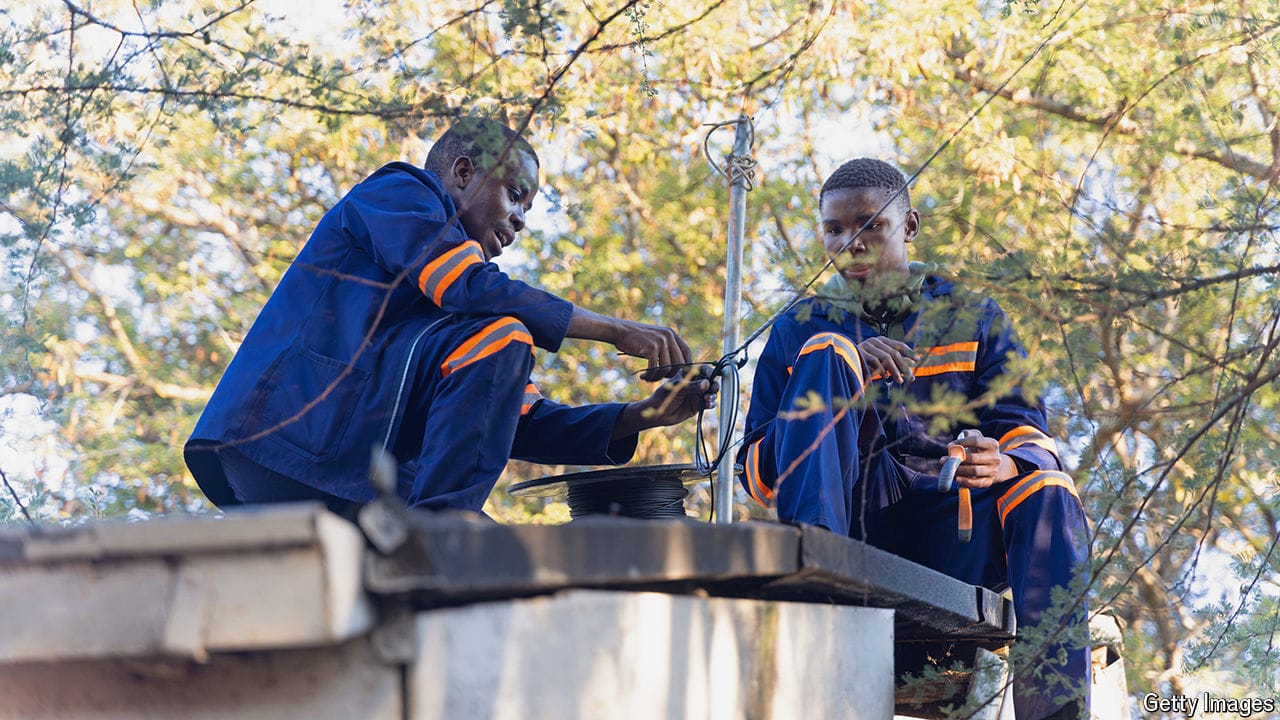A mosquito-borne disease is spreading as the planet warms
Dengue fever must be curbed

Unlike her stealthy, malaria-spreading cousin, the female Aedes aegypti signals her approach with an exasperating drone. Her bite is far worse than her buzz. If she carries a flavivirus pathogen, her victim can be infected with dengue fever. Most infections pass without symptoms, but an unfortunate few are racked with “breakbone fever”, which causes severe joint pain, haemorrhage and, occasionally, death. The after-effects, which are poorly understood, include fatigue and cognitive impairment. Aedes is so plentiful that the United States Centres for Disease Control and Prevention reckons 100m people around the world fall sick with dengue every year.
This article appeared in the Leaders section of the print edition under the headline “Dengue rising”
More from Leaders

Germany’s failure to lead the EU is becoming a problem
A weak chancellor and coalition rows are to blame

How to ensure Africa is not left behind by the AI revolution
Weak digital infrastructure is holding the continent back

A global gold rush is changing sport
Fans may be cooling on the Olympics, but elsewhere technology is transforming how sport is watched
Can Kamala Harris win?
Joe Biden’s vice-president has an extraordinary opportunity. But she also has a mountain to climb
MAGA Republicans are wrong to seek a cheaper dollar
It is hard to cast America as a victim of the global financial system
Joe Biden has given Democrats a second chance to win the White House
If they are not to squander it, they must have a proper contest
